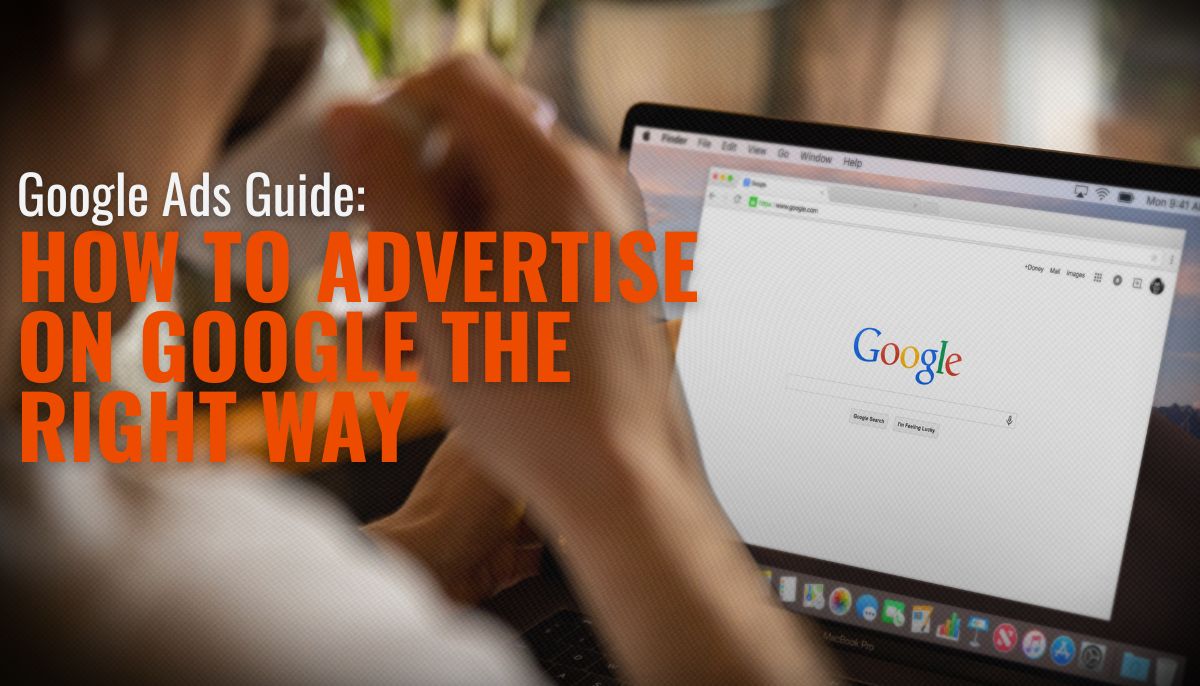You have to put search engine optimization (SEO) into your website; that's a prerequisite in today's digital competitive environment. Almost 68% of online experiences initiate with a query to search engines such as Google.
It brings benefits as varied as enhancing organic traffic to ramping up the credibility of your site, if your web pages appear in the top search result.
An SEO-optimized website is more than just representation, being the driver for visibility, engagement, and conversions on the web.
By improving the functionality and design with best practices of SEO, this will go far in enhancing online presence markedly for your brand towards sustained business success
The Importance of SEO in B2B Web Design
Why SEO Matters for Your Business
SEO (Search Engine Optimization) is probably the only sustainable part to make your site more easily found within the search results, and therefore bringing more potential customers to your pages. For a B2B company, however, the sales cycles are typically long, sometimes many months, and purchasing decisions come after serious consideration. This time, appearing prominently in search results can raise the quality of leads by quantum.
Key SEO Elements to Consider
- Keywords: Always understand and integrate the right keywords, what potential clients will be looking for.
- Content Quality: The quality of the content you are giving to people, is it providing value, or answering the needs and questions of your audience?
- Site Structure: Ensure that the structure of your site is something that the search engines can easily understand and subsequently be in a position to rank.
Combining Design with Functionality
Responsive Design
With the current technology, mobiles have taken over desktop use. A responsive website, therefore, means that it must easily fit in all screens of a device. This improves the user experience and in turn influences your SEO positions since such pages are given priority by search engines.
Fast Loading Times
Page speed is another critical factor of SEO. A fast-loading website does not risk losing the number of visitors or maintaining high bounce rates; it even contributes to good user experience and eventually ranking well by search engines.
Intuitive Navigation
The structuring of information naturally leads to an intuitively clear and comprehensive layout for both visitors and search engines. This will develop a clear view of the information for better users' experience and at the same time assist the SEO drive in bringing down the bounce rate and bettering the page views.











